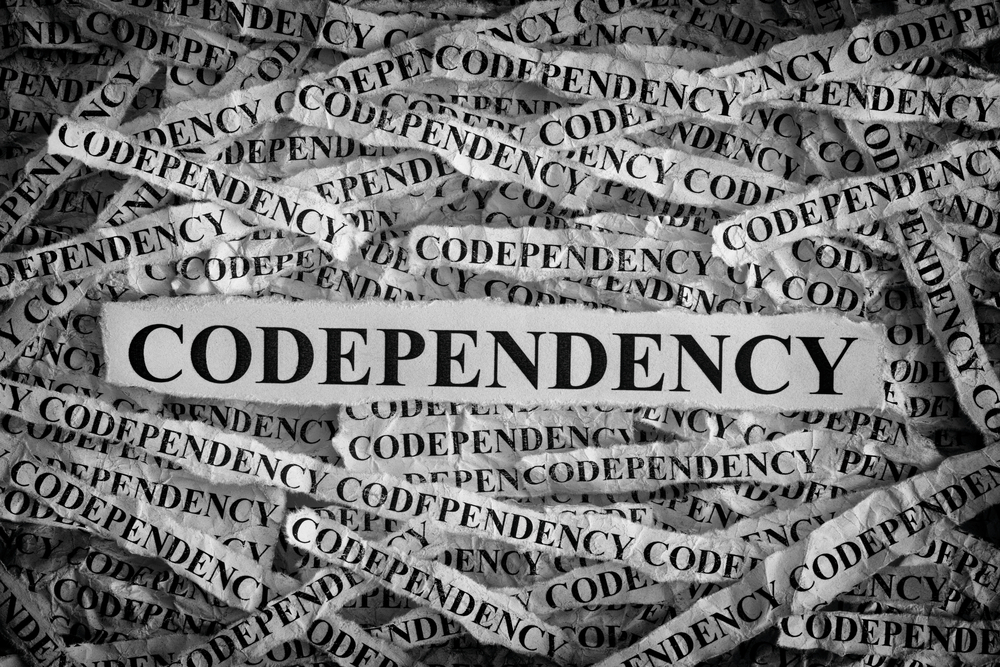Addiction, or substance use disorder (SUD), is listed in the Diagnostic and Statistical Manual of Mental Disorders, Fifth Edition (DSM-5), as a chronic, relapsing brain disorder. It is characterized by the American Society of Addiction Medicine as the “inability to consistently abstain, impairment in behavioral control, craving, diminished recognition of significant problems with one’s behaviors and interpersonal relationships and a dysfunctional emotional response.” Addiction encourages the development and reinforcement of harmful patterns and behaviors that corrode relationships. The nature of this disease is all-encompassing, and therefore individuals struggling with an active addiction are inherently more prone to codependency and other harmful relationship habits to satisfy substance cravings and accommodate their addiction.
Addiction and Codependency
Codependency, as defined by Psych Central is “characterized by a person belonging to a dysfunctional, one-sided relationship where one person relies on the other for meeting nearly all of their emotional and self-esteem needs.” It is a behavioral condition in a relationship where one partner has tremendous physical and/ or emotional needs and the other partner spends the majority of his or her time and emotional energy trying to accommodate those needs. As Sharon Wegscheider-Curse asserts in Understanding Codependency, “signs of codependency include excessive caretaking, controlling, and preoccupation with people and things outside of ourselves.” Additional signs of codependency include any combination of the following examples:
- Difficulty identifying one’s own feelings.
- Lacking self-trust.
- Low self-esteem.
- Challenges communicating in a relationship.
- Prioritizing the approval of others.
- Struggling to make decisions in a relationship.
- Fears of abandonment.
- Being unhealthily dependent and reliant upon relationships, even at the cost of oneself.
- Exaggerated sense of responsibility for the actions of others.
- Obsessive need for external approval.
It is important to note that the negative patterns established in codependent relationships are extremely challenging to correct. Often, individuals may be unaware that they are even engaged in a codependent relationship, which makes shifting the contributing behaviors incredibly arduous. Codependent behaviors are learned behaviors and, if left unaddressed, can become more severe in time. Codependency can result in a damaging spiral in which the codependent partner cares for and enables the loved one’s challenges, making it easier for the loved one to maintain the challenging or destructive behaviors, and perpetuating their addiction.
For Information and Support
If you are concerned for yourself or a loved one regarding substance abuse and/ or addiction, we recommend reaching out for help as soon as possible. If left untreated, substance abuse can result in long lasting and potentially life-threatening consequences. Keep in mind: you are not alone! There is an entire network of professionals that are available to help and support you and your loved one throughout the recovery process. The earlier you seek support, the sooner your loved one can return to a happy, healthy, and fulfilling life.
Please do not hesitate to reach out with any questions regarding our specific program at Haven House Addiction Treatment and/ or general substance abuse and/ or addiction treatment related information. Our highly trained staff is readily available to discuss how we might best be able to help you and your loved one. We can be reached by phone at 424-258-6792. You are also welcomed to contact anytime us via email at admissions@hhtxc.com.



